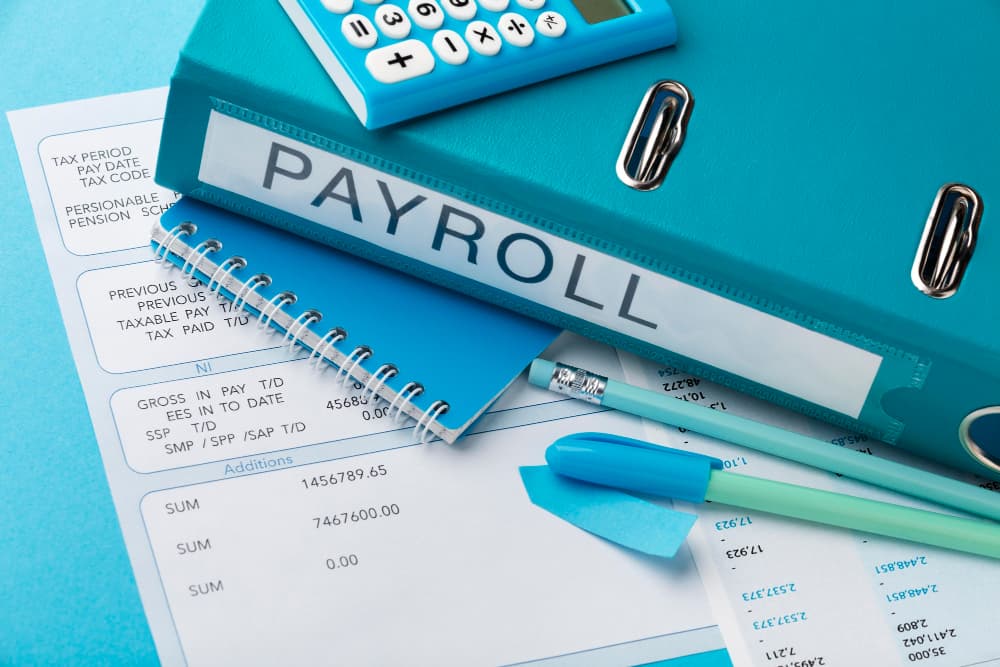P.A.Y.E is a Vital Part of Doing Business in Kenya
P.A.Y.E is a vital part of any company doing business in Kenya, understanding and following the rules for PAY AS YOU EARN (PAYE) in running a responsible business. PAYE is the system where an employer deducts income tax directly from the team’s salaries and sends it to the Kenya Revenue Authority (KRA).
What’s P.A.Y.E All About?
P.A.Y.E is an advance on the employee’s income tax. Employers in Kenya—whether in the public sector, a private company, or a non-profit who pay their team—are required to register for and manage P.A.Y.E. This covers all cash payments like wages, salaries, commissions, bonuses, and allowances. It also includes the value of non-cash benefits if they’re more than KShs 5,000 a month.
Why Does Your Company Need to Get P.A.Y.E?
For businesses, solid P.A.Y.E compliance brings several important upsides and helps to steer clear of big risks:
- It’s the law – avoid penalties: P.A.Y.E is a required deduction. If you don’t correctly calculate, deduct, and send PAYE by the 9th day of the following month, you’ll face penalties. This includes a 5% penalty on the amount due, plus 1% interest each month. Regularly missing payments can lead to audits, suspension of business licenses, and legal trouble.
- Build trust and boost reputation: Sending in P.A.Y.E on time and accurately (along with other required deductions like NSSF, SHIF, and the Housing Levy) builds trust with your employees, partners, and the KRA. It shows your business is well run and responsible, which can help when seeking funding or government contracts.
- Smoother employee relationships: Good P.A.Y.E management means your employees get the correct net pay and accurate pay slips. This reduces complaints, avoids disputes over underreported contributions, and promotes a healthy work environment. The Finance Bill 2025’s rule for employers to automatically apply all eligible tax reliefs (starting July 1, 2025) will ease the burden on employees.
- Help build the nation: By sending in PAYE, your company directly contributes to funding the government. This money supports essential public services, infrastructure, and social programs—playing a key role in Kenya’s growth.
- Easier tax paperwork (2025 updates): The KRA is simplifying tax processes. From July 2025, all employers must use a new Excel-based PAYE return tool. This, along with API integrations to systems like IFMIS, CBK, and GHRIS, will streamline tax handling—allowing you to manage PAYE, the Housing Levy, and SHIF more efficiently.
The Current Key Changes
- Automatic PAYE relief application: Employers must now apply all eligible tax reliefs directly during payroll processing, starting 1st July 2025. These include personal relief, insurance relief, and more.
- Simpler PAYE filing: KRA is introducing a new Excel-based return tool for monthly PAYE submissions.
- Updated NSSF rates: From February 2025, NSSF contributions will be split into two tiers with updated limits.
- Social Health Insurance Fund (SHIF): Replacing NHIF, SHIF contributions are 2.75% of the gross salary, with a minimum of KShs 300 and no cap.
- Housing Levy: Continues at 1.5% of the gross salary from both employer and employee.
Ready to Get Started?
Let us take control of your company’s tax affairs so you don’t have to. Our corporate tax experts are ready and waiting to help you plan and grow.
Inquire now: info@kenbizregistrars.com







